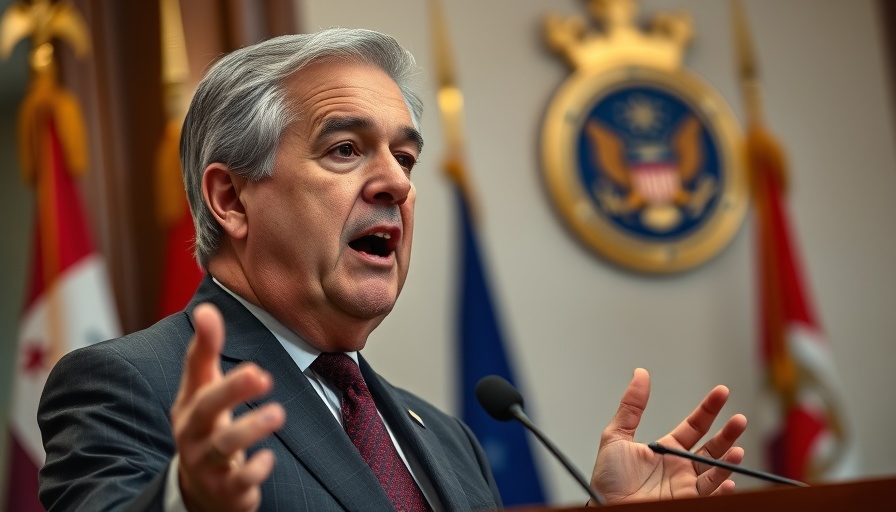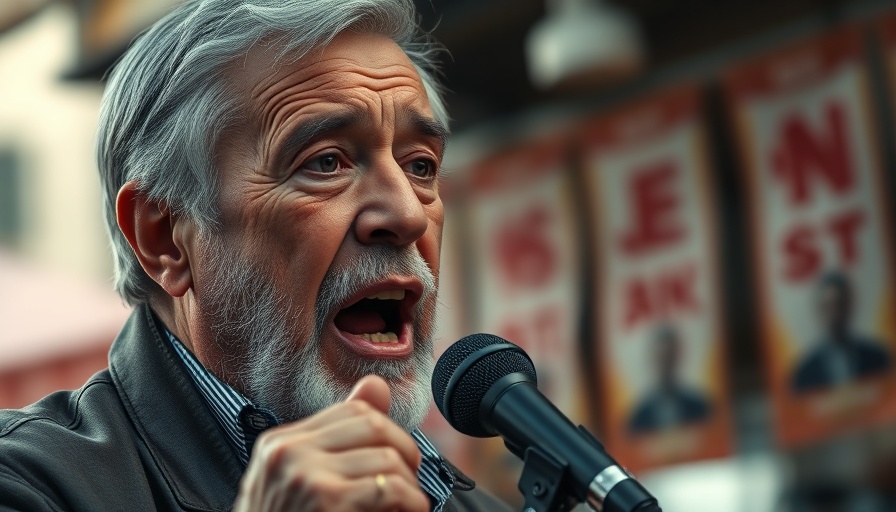
RFK Jr.'s Controversial Move Rattles Vaccine Norms
In a surprising turn of events, the newly appointed advisory panel under Health Secretary Robert F. Kennedy Jr. has voted against the recommendation for influenza vaccinations containing thimerosal, a preservative that has been a centerpiece in the ongoing debate about vaccine safety. This decision, influenced by a presentation from Lyn Redwood, the former president of the anti-vaccine group Children’s Health Defense (CHD), reflects not only RFK Jr.'s infamous anti-vaccine stance but also stirs fears regarding public health responses to influenza, especially amid a predominantly unvaccinated population.
Public Health Implications of the Decision
As concerns about influenza remain high, this advisory panel's recommendation could have significant consequences. The only dissenting voice, Dr. Cody Meissner, warned of the real risks posed by influenza as opposed to the hypothetical dangers of thimerosal, highlighting a central tension in the current vaccinations debate. Without a CDC director to weigh in, Kennedy's upcoming decision could change the landscape of vaccination recommendations.
The Science Behind Thimerosal
Although thimerosal has long been implicated in vaccine safety discussions, the CDC maintains that the preservative has a strong safety record, noting that any adverse reactions are mostly minor. Nevertheless, the perception of thimerosal remains highly politicized, with advocates like Kennedy and Redwood arguing for its removal based on 'safety concerns.' This stark divide raises questions: how should public health messaging adapt when science meets passionate advocacy?
Repercussions for Future Vaccination Policies
The panel's vote suggests a broader ideological shift within public health under Kennedy’s leadership. The CDC and other health authorities may soon face intensified pressure from anti-vaccine advocates, reshaping vaccination policies that rely on scientific evidence. As the potential for misinformation looms large, communities may find themselves caught between scientifically validated information and anti-vaccine fervor, leading to gaps in vaccination coverage.
A Call for Informed Public Discourse
The emergence of this advisory panel's decision showcases the vital need for dialogue grounded in scientific evidence. As the nation wrestles with vaccine hesitancy and mistrust, health authorities must focus on building bridges with communities while countering claims that undermine public trust in immunizations. Given the gravity of these decisions, concerned citizens are encouraged to engage in meaningful discussions about vaccination safety and efficacy to combat misinformation.
 Add Row
Add Row  Add
Add 




 Add Row
Add Row  Add
Add 

Write A Comment